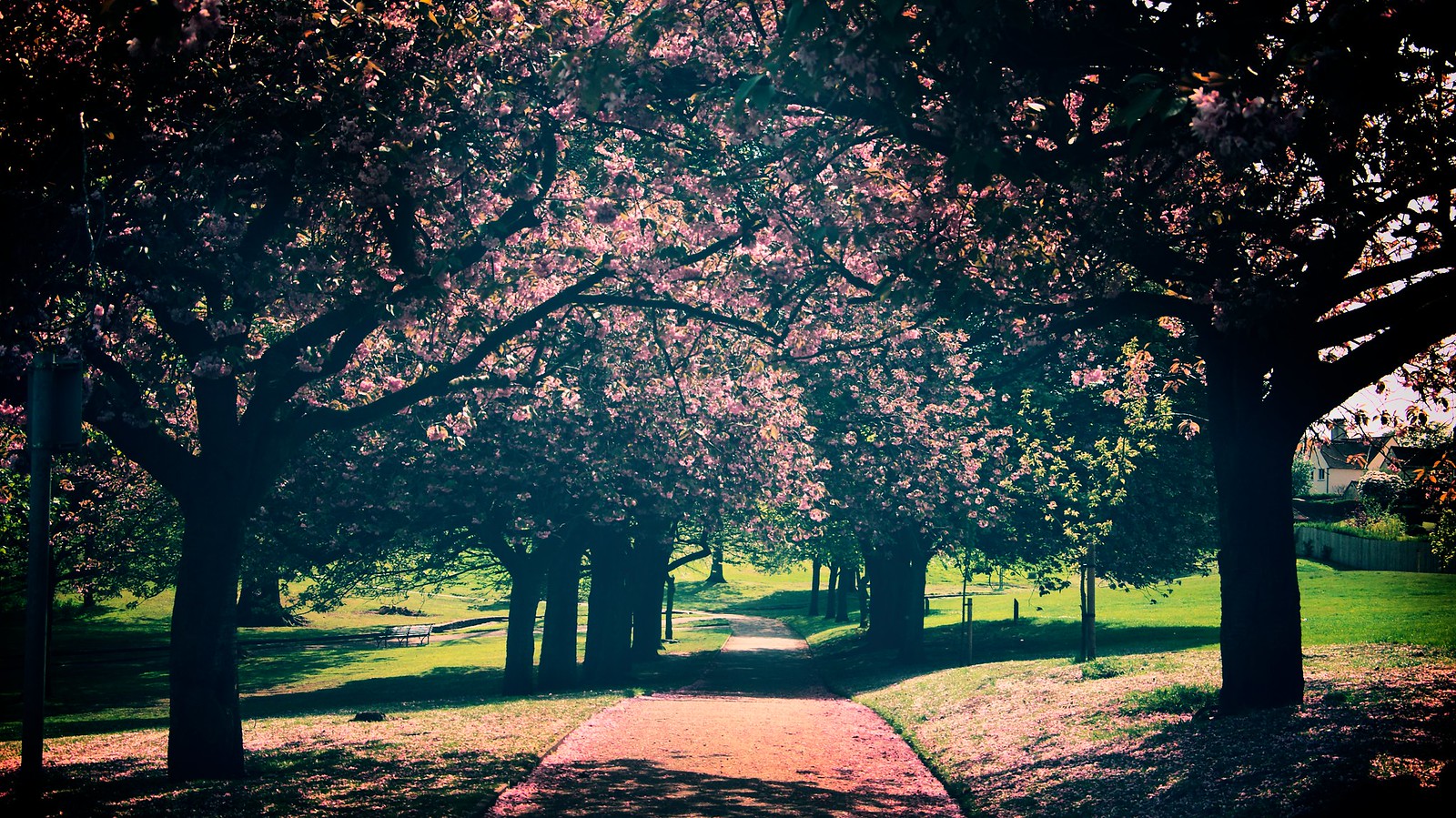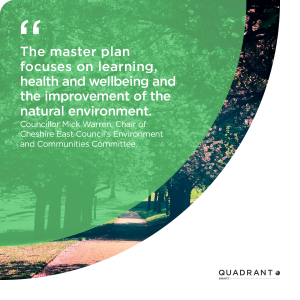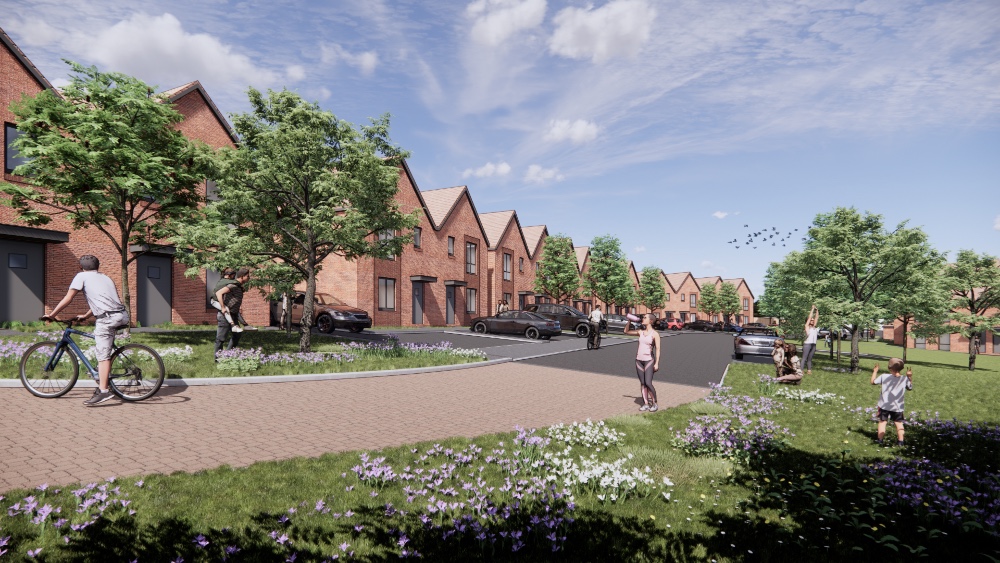Macclesfield Redevelopment Project Putting Residents At The Centre

Planned improvements to South Park in Macclesfield aim to enhance the park to make it a place where people and nature can thrive. Housing Industry Leaders looks at the planned improvements and how they will put residents at the heart.
South Park will be one of three pilot parks where Cheshire East Council is trialling new sustainable ecology management techniques which include: Allowing grass to grow longer, introducing grassland wildflowers, and replacing bedding planting with more sustainable perennial plants and meadow flowers.
The centrepiece of the planned improvements to South Park will be the redeveloped pavilion, which Macclesfield Town Council has committed to rebuilding.
Having Green Spaces In A Community Is Essential

Councillor Mick Warren, Chair of Cheshire East Council’s Environment and Communities Committee
Housing Industry Leaders spoke to Councillor Mick Warren, Chair of Cheshire East Council’s Environment and Communities Committee about the importance of this redevelopment: “The pandemic has shown us all how important our parks and green spaces are to people’s health and wellbeing.
“We feel it is really important to make a long-term plan of sensitive enhancements and make sure they reflect the needs and aspirations of the community.”
Mick explained that the new master plan for South Park sets out a long-term vision for the future of the park, and focuses on the learning, health, and improvement of the natural environment.
Collaboration Is A Large Part Of The Redevelopment
It is a collaborative piece of work which involves councillors from Cheshire East Council and Macclesfield Town Council, in addition to members of South Park Bowling Club, Macclesfield Wild Network and Spark South Park – a community interest company.
Mick expressed how the pavilion is an important aspect of this redevelopment project: “The park has been without a pavilion for a number of years, but Macclesfield Town Council have committed to rebuilding it, which is wonderful news.
It has long been recognised that a new pavilion would be the heart of the park.
Providing a place to meet with friends, take a class, have a meeting, and eat food, the pavilion will benefit Macclesfield’s community. It will provide an indoor space and facilities that allow those who live, work and visit the town to enjoy the benefits of the park for longer.
New Sustainable Approaches Will Help Reach Our Net Zero Target
Becoming more sustainable is essential and a focus for every town and city, Mick said that Cheshire East Council is committed to being more sustainable: “Cheshire East Council is committed to addressing the climate and nature emergency and the plan has been developed to support the council’s commitments outlined in its environmental strategy. The master plan allows us to showcase different, more sustainable approaches to the management and maintenance of the park.
We are trialling some of those new practices this year, including allowing areas of long grass, meadow creation, bedding plant reduction and use of electric tools such as strimmers.”
Not only will these new sustainable practices help the council to reduce their impact on the planet but will support the creation of new habitats and more diverse ecosystems.

Mick expressed that the creation of new habitats will be linked to activities to involve the local community in the creation, and they will benefit from the learning opportunities they can support, such as citizen science.
Sharing Knowledge With Others Is Key
To provide these learning opportunities, Mick said there will be a team of people who will share their knowledge: “We have a wonderful team of partners and volunteers involved in the park who help enable these activities and share their skills, knowledge and enthusiasm with visitors to the park.”
Cheshire East Council hopes to increase volunteer activity in the park in other areas too, such as sports and events. To do this, the council has created sub-groups made up of different partners and volunteers aimed at increasing community engagement in the park in specific areas of interest, such as health and fitness, and ecology and community.
Through this, Mick hopes it will have a positive impact on the community: “By doing this we will be able to encourage a broad range of the community to come into the park, learn something new, meet new friends, enhance their health and wellbeing and their sense of community.”
Now, the next stage in the redevelopment project is to take feedback from visitors and residents to ensure that the collaborative approach extends into the community.

